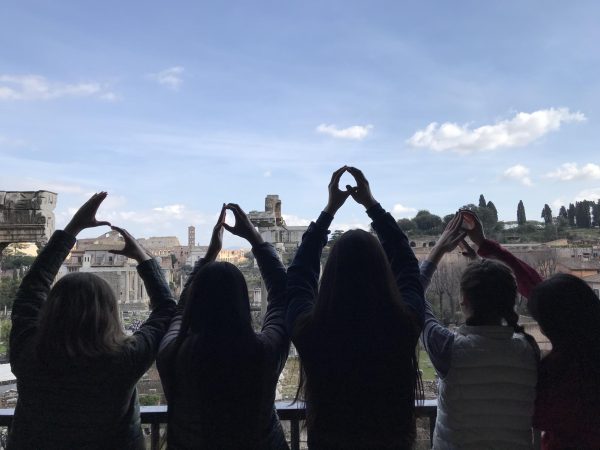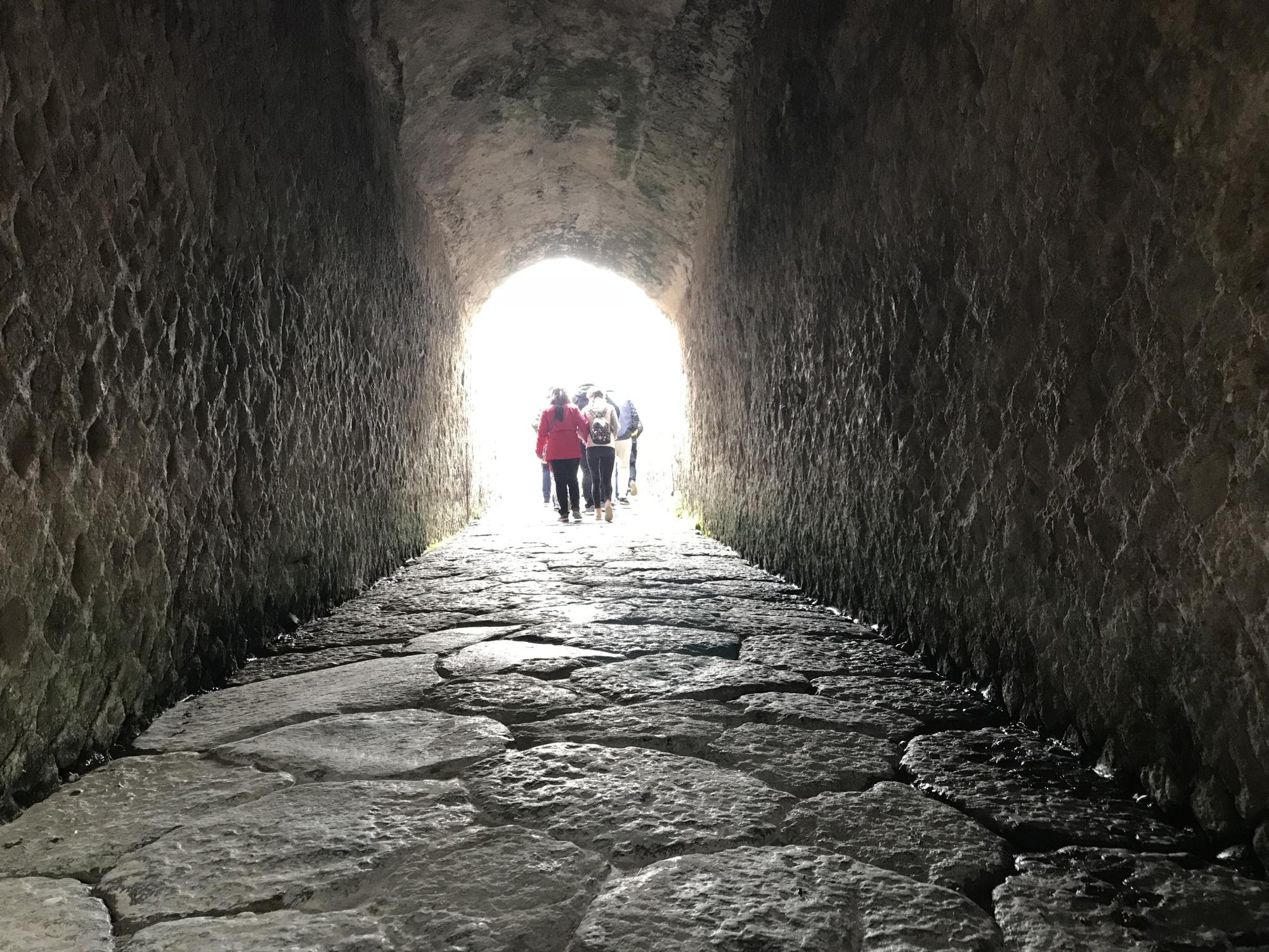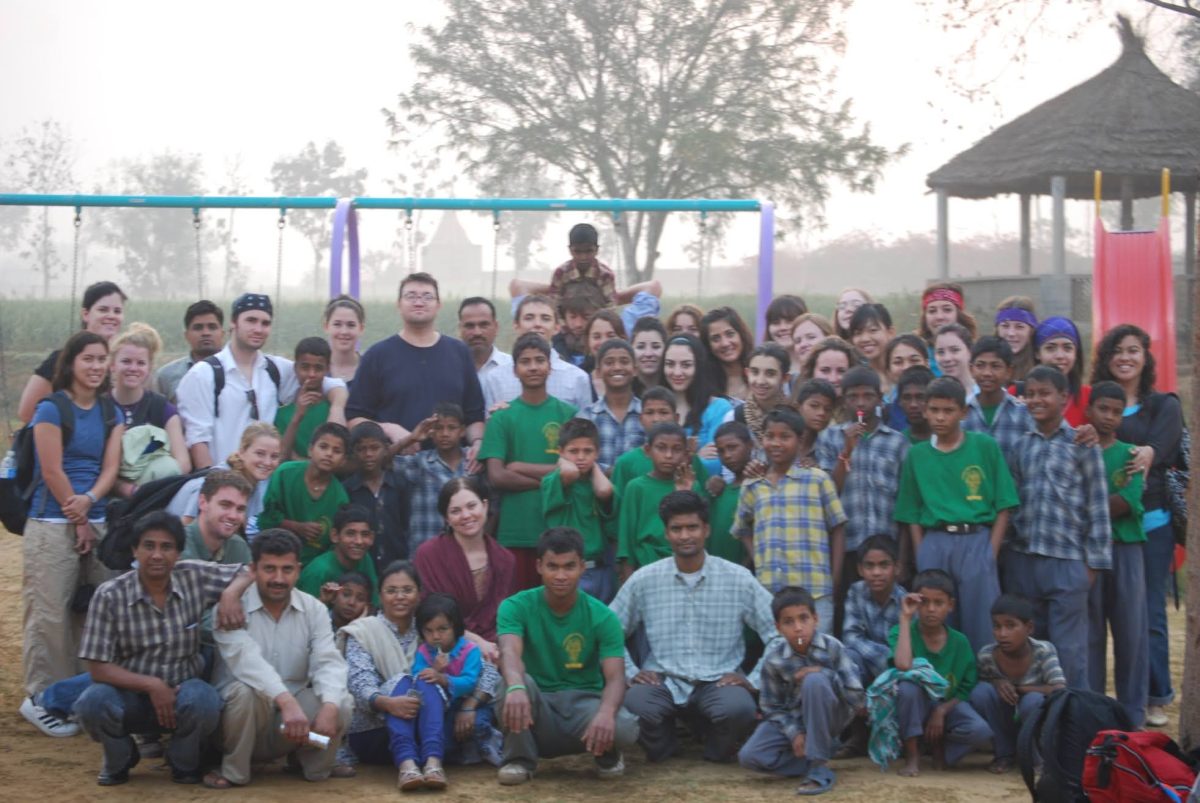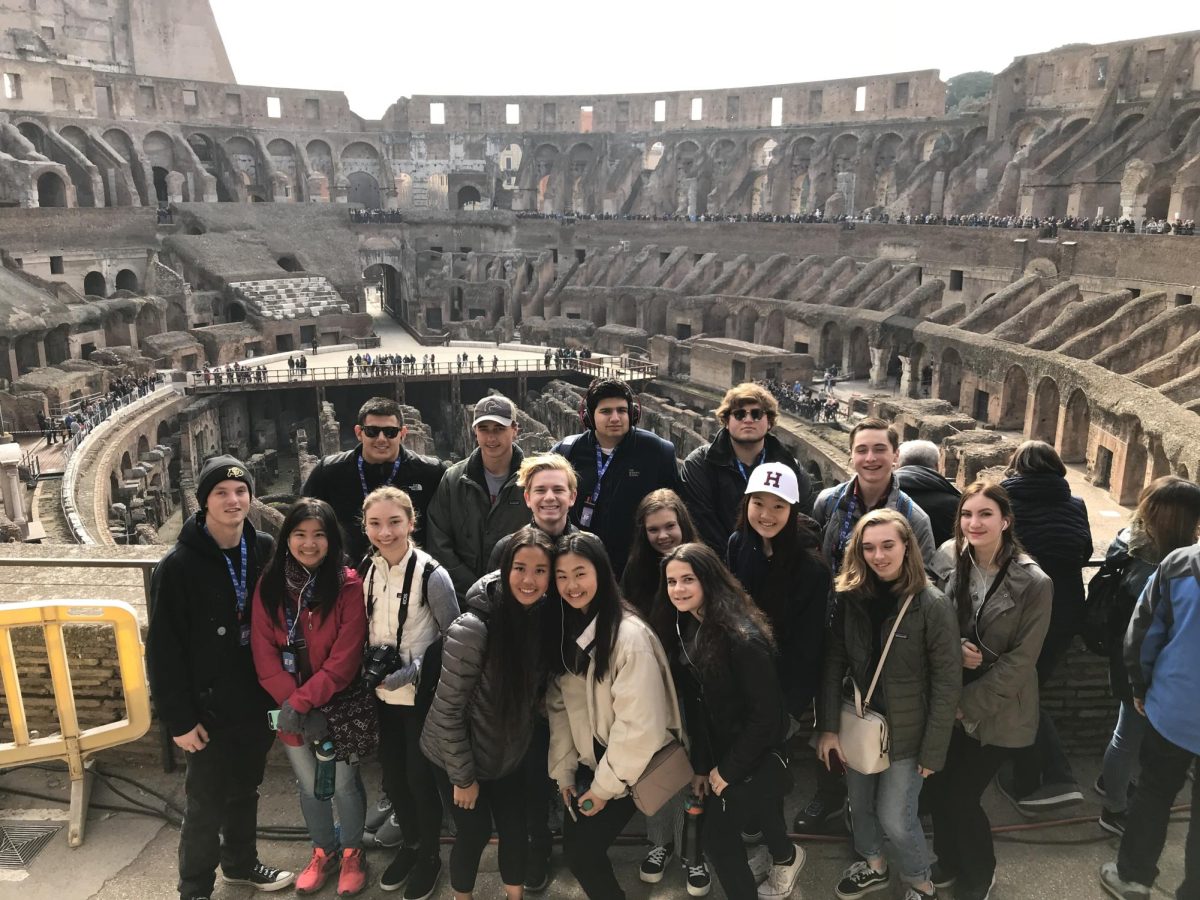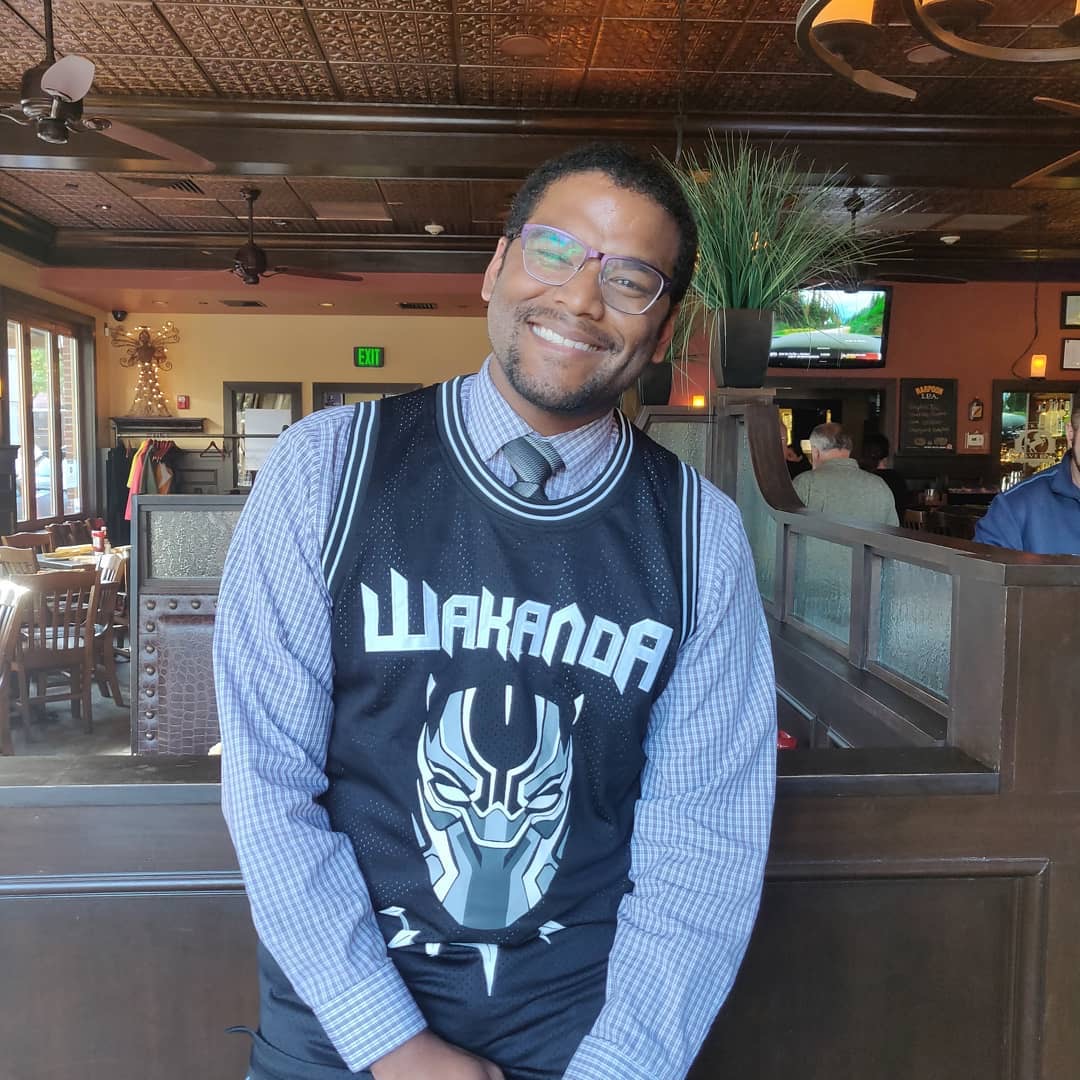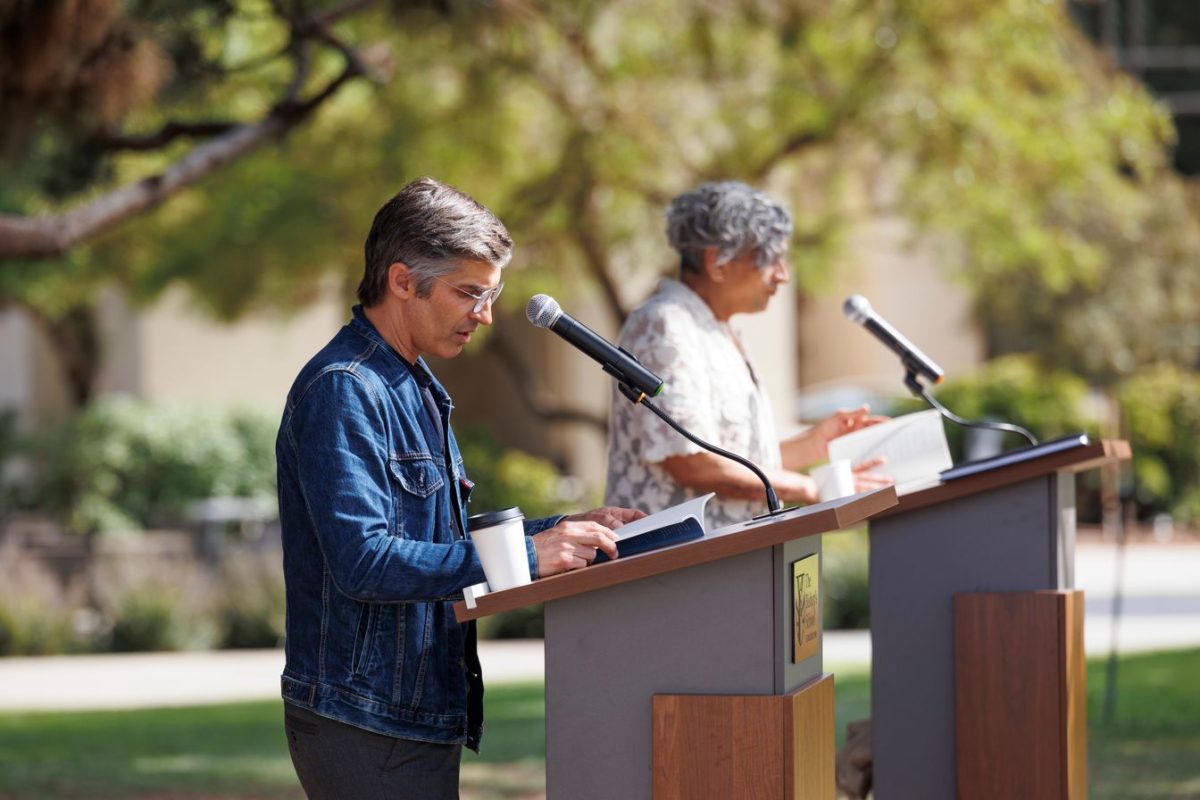Bali. Italy. Cambodia. India. Japan. South Africa. China.
Prior to Covid-19, Bishop’s offered multiple global travel opportunities every year during spring break and summer. And then the world stopped.
In March 2020, Bishop’s global travel opportunities were put on hold. As lockdown restrictions were lifted in 2022, many private high schools in the surrounding area — such as Francis Parker and La Jolla Country Day — started offering international trips again. At Bishop’s, the future of global travel is less clear.
While two international trips have run post-Covid-19 — the robotics competition in France last summer and the marine biology and service trip to Bali last spring — there is a general trend away from global travel at Bishop’s. Director of Global Education Dr. David Moseley said, “the School made an exception for the Bali trip to go last year,” because “we were not able to refund the credits,” from the Bali Institute and airlines, indicating that the trip would not have occurred if this was not the case.
As for the Robotics trip, multiple faculty trip leaders explained that having a strictly academic trip (rather than a community service or cultural immersion trip) is much more likely to get approved. In fact, the Robotics team is in the process of submitting a request to go to the Netherlands this summer.
Prior to Covid-19, there were on average three trips per year. This year, zero trips are being offered.
The Fate of Global Travel at Bishop’s
For now, international travel still exists as part of the global education program per the School’s website. But Director of Marketing and Communications Ms. Cathy Morrison, who edits the website, explained that before Covid-19, the “School News” section of the website published newsletters with pictures and a long description of each global trip. Last spring’s trip to Bali, the first and only post-Covid international trip part of the global travel program, did not get a newsletter.

Currently, the website mentions Bishop’s once robust global travel offerings in two sentences: “Bishop’s students experience and interact with global societies and cultures with different perspectives and social values from those in the United States…Globally: International trips (language exchanges, cultural immersion, community service), study abroad opportunities, cultural exchanges, internships, research.”
In the future, travel may still exist, but on a more local scale — and primarily service-based.
The Reverend Nicole Simopoulos-Pigato noted that international service trips didn’t have to be thousands of miles away in order to make the same kind of impact on the community. “We don’t have to get on a plane to do that type of service. We can do that in Tijuana,” she said.
The Reverend Simopoulos-Pigato encouraged students to take advantage of the US-Mexico border, which is just 32 miles from campus. “We have an international border in our backyard,” she began, “I hope that students will…include the migrants and refugees at our border in their outreach. Doing so means crossing an international border, and we hope to create more opportunities in the near future for students to work with organizations and ministries in Tijuana.”
World Languages Department Chair Mr. Ian Hayden, who has led two multi-disciplinary trips to Italy, acknowledged the outstanding work Dr. Moseley and the Global Education Initiative (GEI) have done to promote on-campus global education, which includes well-loved Bishop’s events such as the Global Potluck and Lunar New Year celebrations. However, he posed a question to consider: “Can you have a global education program that’s not global?,” asked Mr. Hayden. “In my opinion, I don’t think so.”
The Golden Era of Global Travel
Dr. Moseley’s arrival at Bishop’s in 2006 heralded a new era for global travel.
Prior to 2006, “global travel [at Bishop’s] existed, but not as a legitimate program with a director,” explained Biology Teacher Mr. Benjamin Duehr, who has organized multiple global trips to the Galapagos Islands and Bali since 2009. Former teachers like Mr. Otto Mower and Ms. Mary Jane Sutherland took students to developed countries, such as England and Spain, to experience their cultures. Mr. Mower was known for taking kids to see all of England in a minivan, according to Dr. Moseley.
However, when Dr. Moseley arrived, he was the first to propose taking students to developing countries, such as India, in an effort to promote more community service based trips. Dr. Moseley talked with former Head of School Mr. Michael Teitelman to reimagine the purpose of global travel. From then on, the global travel program organically evolved, focusing on education and service. “The trips I did were bolder and pushed the envelope more,” Dr. Moseley said.
When this program began, the process of trip approval was less formal. Mr. Duehr described it as, “so simple and organic.” For example, Visual Arts Department Chair Ms. Elizabeth Wepsic, who has led many global trips to places such as Italy and Japan, would generate a proposal with students and present it to the Head of School or another administrator. She described the process as “informal” and noted that there was no particular format.
Mr. Duehr had his own process as well, crafting a proposal consisting of a budget, itinerary, and purpose of the trip. “[The administration] was never really clear about how to go about it, so I just did it my own way because I already knew exactly who to go to and for what.”
However, faculty — especially those who had led an international trip before — requested a more streamlined approval process in 2017, according to Dr. Moseley and Mr. Hayden.
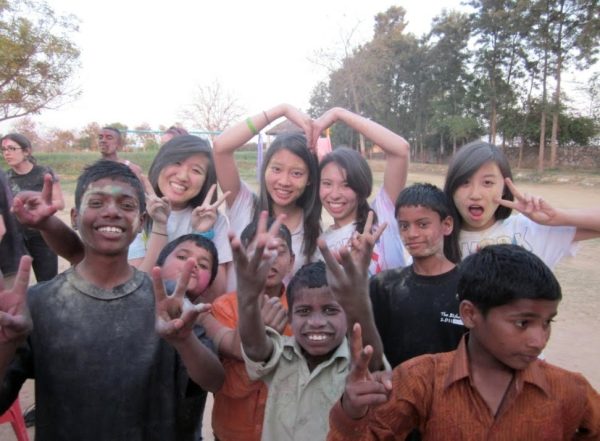
As a result, a committee consisting of several parties, each with different responsibilities, was formed to approve trips. “Schools like ours routinely use a trip application process that relies on various approvals for things like alignment with school mission and values, risk management, financial aid and budget, etc.,” Assistant Head of School for Curriculum & Academics Mr. Brian Ogden commented. The committee consisted of administrators and Dr. Moseley, who both reviewed whether the trip’s purpose aligned with the School’s mission and considered the trip’s risks to students and faculty leaders, and the business office, who reviewed the budget, financial aid, and timing of the trip. The School’s lawyers and nurses would also be consulted for legal and health reasons.
Additionally, Dr. Moseley sent an internal email at the beginning of each school year to faculty, informing them of how to submit a trip to the committee, the steps of approval needed, the paperwork that would follow, and how to thoroughly plan the trip.
Then, during Covid-19, this committee and procedure was paused. No applications were submitted outside of the grandfathered Bali trip and the academic France trip. Despite Covid-19 restrictions being lifted, global travel at Bishop’s sat at a standstill. The School never publicly indicated any updates to their global travel policy, nor if applications were open to faculty.
Between the 2021-22 and 2022-23 school years, there were several title shifts amongst the faculty and a general restructuring of the administration. During this shift, the administration grew from three people to seven people. Additionally, Dr. Moseley’s role was sharpened specifically to the on-campus global education program (now known as Global Education Initiative — read more about GEI in Sydney Chan’s article).
Mr. Ogden, a key administrator that worked with Dr. Moseley on the global education program before Covid-19, explained that, “when my position at the School changed, [the global travel] program shifted to be overseen by another department, The Reverend Simopoulos-Pigato.” The Reverend Simopoulos-Pigato’s responsibilities began encompassing global travel, specifically its alignment with the School’s Episocial mission, identity, and values, but as of May 2023, the resumed committee is the primary authority on global travel.
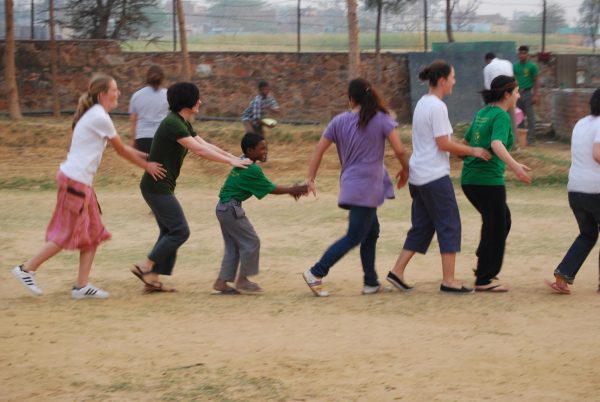
Several faculty members interested in leading an international trip were left confused after this shift as they were not sure if the committee and procedures were still in place amidst the major shuffling of titles and responsibilities. No internal email to update the faculty on the status of the international trip program has been sent out since before Covid-19, according to Dr. Moseley.
The Resumed Committee: Air Traffic Controllers
This year, the business office called for updates to permission slips and liability forms for both domestic and global travel, according to Assistant to the Dean of Students Ms. Melissa Kirchberg. In response, the pre-Covid travel committee resumed meetings, updated with new additions, to carry out its past responsibilities.
The revamped committee is made up of Controller Ms. Amy Edwards, Vendor & Trip Compliance Manager Ms. Stacy Adams, Chief Operating and Financial Officer Ms. Pamela Duffy, Assistant Head of School for Adolescent Learning & Development Ms. Janice Murabayashi, Dean of Students Ms. Michelle Shea, Director of Admissions and Financial Aid Ms. Vivien Mallick, and Mr. Ogden, according to Ms. Kirchberg, who sits in on the committee meetings, which generally happen in person once a month. Besides Ms. Kirchberg — who traveled to India — no committee member has traveled on any international trips with the School.
The committee’s central role is still overseeing and managing the procedures involved with approving all school trips. Even without global travel applications, the committee has met at least three times this year to discuss and approve domestic travel, such as the Bishop’s Choirs’ New York City trip in February.
According to Ms. Kirchberg, the committee is “waiting to hear from admin whether we will go forward with international trips.” However, she added that a discussion and decision is not imminent until “it becomes a pressing issue,” be it via faculty initiative or parent pressure.
The administration might not make a decision without faculty applications, but faculty might not apply without communication from the administration that global travel procedures still exist. This cycle threatens to deadlock global travel policy, as Ms. Kirchberg confirmed that “no trips are planned for 2025 internationally” and no applications have been submitted.
Risk and Mission: The Committee’s Concerns
Mr. Beamer commented that the administration is “evaluating our ability to offer international trips that are aligned with our curriculum and safe for both our students and trip leaders.” And Ms. Kirchberg explained that the overall sentiment amongst the committee seems to “lean away from continuing global travel.”
While a decision is yet to be made, there seem to be two main concerns fueling hesitancy to revive global travel fully.
First and foremost, the increased risks and liabilities associated with taking minors abroad — especially to developing countries, as Bishop’s often did — is a significant concern. Ms. Wepsic explained that compared to the past, “There is a lot of fear now…and fear is toxic. If one person feels afraid for whatever reason, it can make a lot of people scared…times have changed.”
This fear stems from the unpredictability of global travel — there are certainly risks and liabilities in traveling, a school simply cannot predict everything that can go wrong.

While risk may seem greater now, there were always concerns at Bishop’s for student health while traveling — especially to less developed countries, such as India and Cambodia. Foreign ingredients, contaminated water, and less sterile cooking procedures all pose the threat of gastrointestinal discomfort. While Bishop’s always took steps to ensure the food provided was clean, it was impossible to guarantee health safety. Mr. Duehr, Ms. Wepsic, Dr. Moseley, and Ms. Kirchberg all agreed that while they worked hard to mitigate health risks on their past trips, there were always cases of students getting sick, but no one ever had to go to the hospital.
Ms. Wepsic and Mr. Duehr noted that early on, there was no training offered. However, according to Dr. Moseley, as years passed and risk increased, “the intensity of and formality of the [global travel] training changed.” The combination of ubiquitous concerns predating their leadership and the ever-increasing risks of traveling abroad with minors has raised the level of awareness regarding the risks of global travel.
Mr. Beamer noted that, “We want to provide the level of support required to allow trip leaders and at-home support personnel to respond to unexpected events and challenges in an appropriate and expeditious manner.”
Demonstrating their increased concern for risk, the School hired Lodestone Safety International in 2019, a private contractor whose mission is to help schools “identify their [trip’s] risks and understand their program’s inherent exposures.” In 2019, Lodestone gave an assessment of the School’s global travel procedures. Dr. Moseley “thought it was creating a template for [the Global Education Program] to move forward.” However, the assessment has not been brought up as a topic post-Covid-19, according to Dr. Moseley.
Hiring Lodestone was meant to serve as a safety-net for the School, in case any legal fights arose from an accident on an international trip. Wu Tsai Endowed Chairs in Science Dr. Lani Keller, Wu Tsai Endowed Chair in Computer Science Dr. Marcus Jaiclin, and Mr. Duehr confirmed that the group leading the Bali trip and the group leading the Robotics trip to France in 2023 were required to attend all day seminars and training with Lodestone.
While no new trips are currently being planned, this increasingly careful behavior during these past trips demonstrates a major factor that could ultimately drive the committee’s decision on global travel’s future: risk.
The administration’s second concern is whether global travel is aligned with the School’s mission and identity.
The debate over global travel’s place in Bishop’s identity has always been present. Global travel is not a value explicitly stated in Bishop’s mission statement, which, according to their website, is to “nurture students of intellect and character to think independently, learn collaboratively, grow their sense of self and act with greater purpose.” Additionally, the Bishop’s vision — which is stated on their website as “the pursuit of the question: How do our students learn and grow best? Everything we do must return to this fundamental question” — does not explicitly include global travel.
The absence of global education in Bishop’s mission and vision has certainly contributed to the program’s uncertainty. Mr. Duehr noted that “The more your mission aligned with the School’s mission, the better chance you had to get it approved.” In comparison, at schools such as Francis Parker, where global travel is a core aspect of their mission of global perspective, their program has always thrived, and has fully been restored post-Covid-19.
The pause during Covid-19 allowed Bishop’s the opportunity to fully reassess global travel’s place within Bishop’s mission, identity, and values. “Whenever you get a big change, the leadership says ‘let’s take a survey of what we’re doing and why and how it’s working,’” said Mr. Hayden, “‘Does it drive us towards, in a meaningful way, to fulfilling our mission? Or does it not?’” Mr. Beamer noted that, “An evaluation of this type takes time, and we want to ensure that the program we develop is of the quality that our students expect and consistent with our strategic initiatives.”
Global travel in the context of the School’s Episcopal values is also important in considering its overall alignment with identity. “Our Episcopal Values of compassion and justice, and the Episcopal Church’s commitments to ‘love our neighbors as ourselves,’ to ‘respect the dignity of every human being,’ and to ‘strive for just and peace among all people’ support service in our local and global community,” The Reverend Simopoulos-Pigato said, “I think international service trips can allow us to lean into those Episcopal values.” She explained that the purpose of specifically community service based global trips clearly connects to the School’s mission.
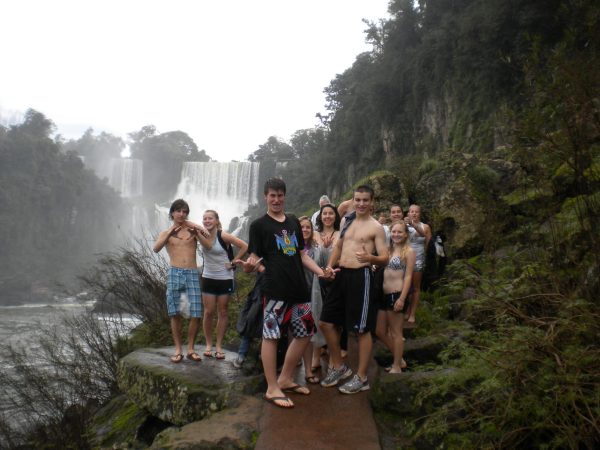
As of the time of this reporting, it remains unclear whether cultural immersion and interdisciplinary trips also align with the School’s mission.
Overall, these two main concerns are correlated: it becomes much harder to support global travel — a program already full of risks — if it does not align with the School’s mission and identity. “If [global travel] is just a nice thing that carries a lot of risk with it, is it worth it? However, if it’s more than just a nice thing, if it’s an essential part of fulfilling our mission and our values then that risk becomes part of the equation and we figure out how to handle it,” Mr. Hayden said.
A Decrease in Communication
In previous years, the global travel program was propelled, led, and sustained by faculty initiative.
Ms. Wepsic did note that when she first began leading trips, there was an excitement and appreciation for teachers who developed these trips. Mr. Hayden added, “there was a lot of enthusiasm for global travel, a lot of energy behind it, so we were kind of running on the momentum of faculty initiative for trips.”
However, Ms. Wepsic says she feels the support to travel abroad has “somewhat diminished.” Four faculty members explained that as time progressed, the leadership’s views on the program have become one of passive acceptance, not active support, which resulted in these faculty driven efforts. “No one ever paved the way,” Mr. Duehr said, “If I wanted to lead a global trip, I had to be resourceful and figure it out.”
“There’s also a sense that faculty want global education to be recognized as an integral part of what we do at Bishop’s in providing a rich education for students,” Mr. Hayden said “I don’t think anyone wants it to be this thing on the side by teacher initiative that’s sort of tolerated.” Some faculty were eager to propose trips by their own accord. But what happens when, now, there has been no clear path laid out for them to do so?
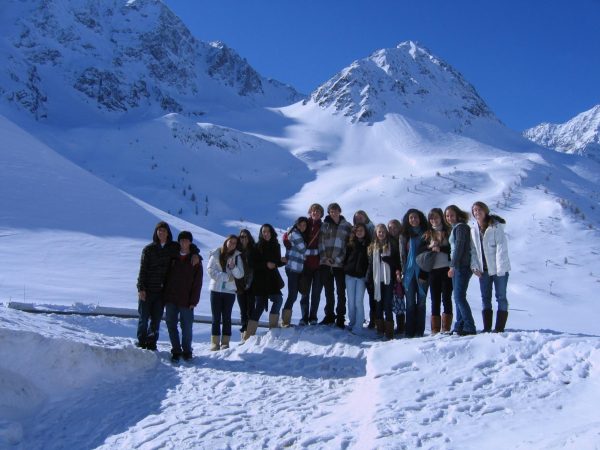
The combination of the School’s previous passive acceptance and current lack of communication regarding global travel has resulted in an absence of the faculty-driven efforts, shown by the lack of international trips currently being reviewed. These efforts could pressure the new committee to make a decision regarding global travel, which they are not obligated to do if they aren’t receiving applications.
Some faculty members are waiting for an internal email to be sent with clarifications on the standing of global travel and procedures, but there are also a few teachers who, as big advocates for global travel, proactively inquired about the prospects of future trips.
Ms. Wepsic was one of these inquiries. She explained that, “I haven’t necessarily been denied recently but I also have been told to wait until the school knows where they stand on this process.” Another teacher confirmed that a similar message was communicated to them by an administrator: do not move forward with global travel plans at this time.
This message seems to have floated around the faculty generally: five other faculty members admitted they had heard about this communication, not directly from leadership, but through conversation with other faculty. “I think when you talk with teachers, you’ll feel a sense of frustration or, at the very least, a feeling of being uncertain,” Mr. Hayden said.
Faculty efforts, a once stable force of sustaining global travel, have been absent amidst the program’s uncertain future.
